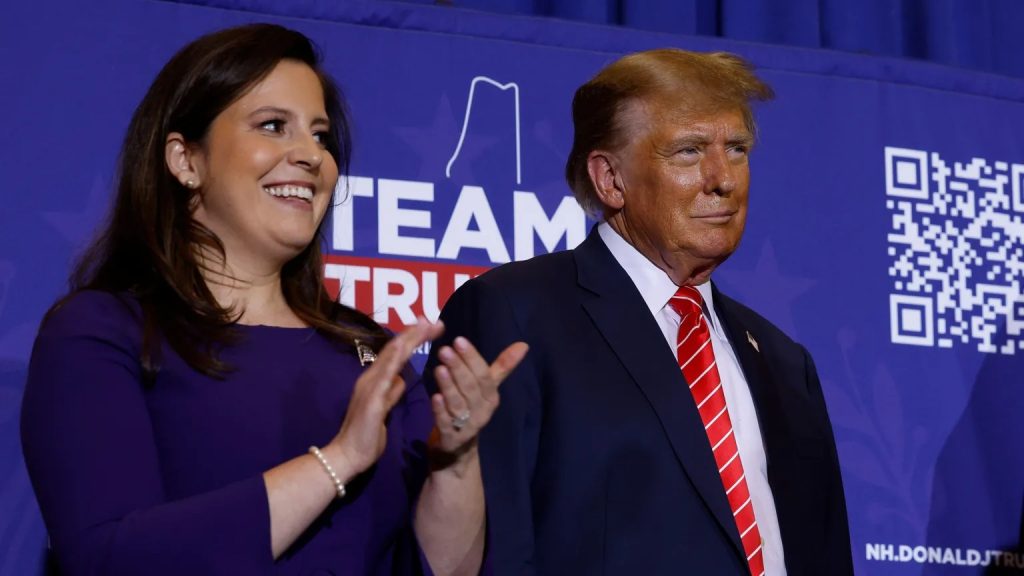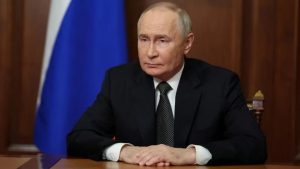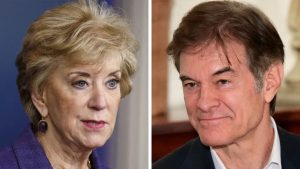
What White House picks tell us about Trump 2.0 is becoming clearer as Donald Trump outlines the direction for his second term in office. A week after winning his second term, Trump has named key appointees, many of whom signal his focus on hard-line immigration policies, a more confrontational stance on China, and consolidating presidential power. These early selections reveal a president-elect prepared to enact the promises from his campaign with a renewed sense of urgency and influence.
Key Picks Shape Trump’s Immigration and Foreign Policy Priorities
One of the most notable appointments is Stephen Miller, a long-time adviser who has been tasked with shaping the administration’s immigration policy. As deputy chief of staff for policy, Miller is expected to push forward Trump’s controversial plans for mass deportations, a hallmark of his first term’s hard-line approach. Thomas Homan, former director of ICE, has been named “immigration tsar,” solidifying Trump’s commitment to aggressive immigration enforcement.
On the foreign policy front, Trump’s picks suggest a more hawkish approach to China, with figures like Florida Congressman Mike Waltz and Senator Marco Rubio being considered for senior roles. Both have been vocal critics of China’s actions, and their appointments would signal a continuation of Trump’s “America First” approach, particularly in trade and military matters. With US-China relations remaining tense, these appointments suggest the next Trump administration will continue to prioritize countering Chinese influence globally.
Trump’s Focus on Presidential Power and Loyalty in Appointments
As Trump navigates the intricacies of his second term, his early picks also emphasize his preference for consolidating power within the executive branch. By advocating for more presidential recess appointments, Trump seeks to bypass the Senate’s role in confirming top administration officials, increasing the president’s control over his team. This strategy could empower Trump to act swiftly on issues like immigration reform without waiting for legislative approval.
Another aspect of Trump’s early appointments is his emphasis on loyalty. South Dakota Governor Kristi Noem and Fox News personality Pete Hegseth have been chosen for key roles like homeland security and defense. Both individuals have been steadfast Trump supporters, reflecting the president-elect’s preference for surrounding himself with allies who are ideologically aligned and unwavering in their support.
In addition, tech mogul Elon Musk has been appointed to advise on government efficiency and budget cuts, reflecting Trump’s ongoing relationship with high-profile business figures to streamline the government and reduce bureaucracy. Musk, who has supported Trump financially and politically, continues to be a central figure in shaping the president-elect’s approach to administration.
Conclusion
Trump’s early White House picks signal a clear direction for his second term, focused on hard-line immigration policies, aggressive foreign diplomacy, and an assertion of executive power. These decisions highlight Trump’s determination to advance his agenda and reinforce his loyalty to those who have supported him. However, the true test of his administration will come when these policies are put into action and face the challenges of governing in a divided political landscape.
External Link: BBC Sport – Trump’s Early Picks
Internal Link: Eurasia Sports – Trump’s Transition News






